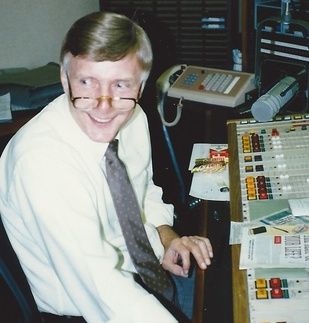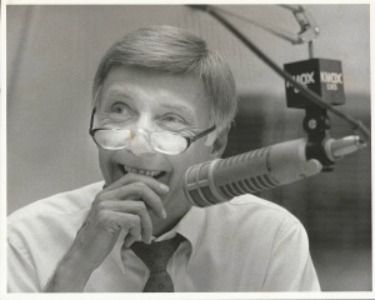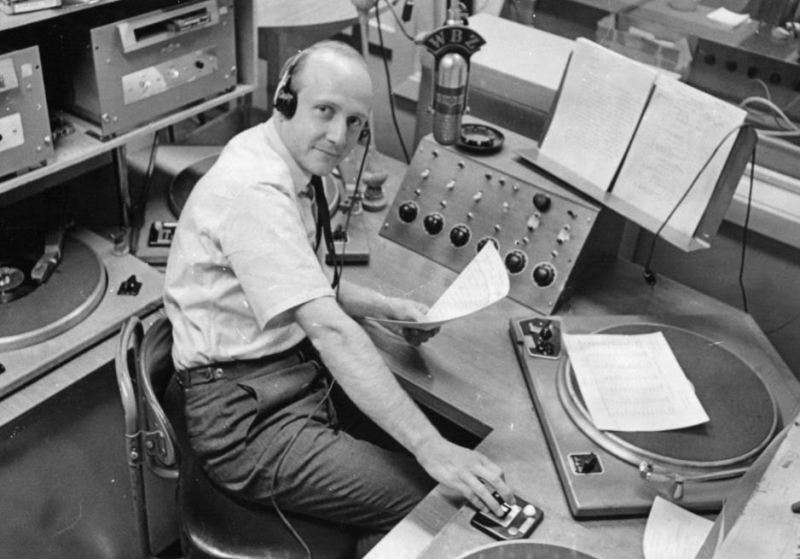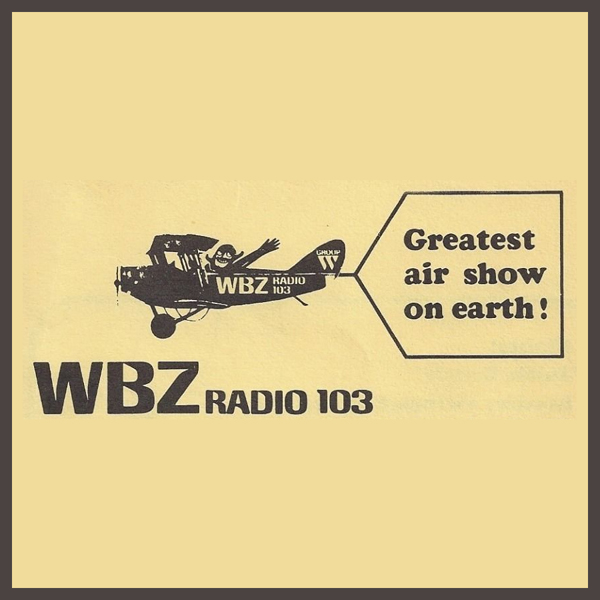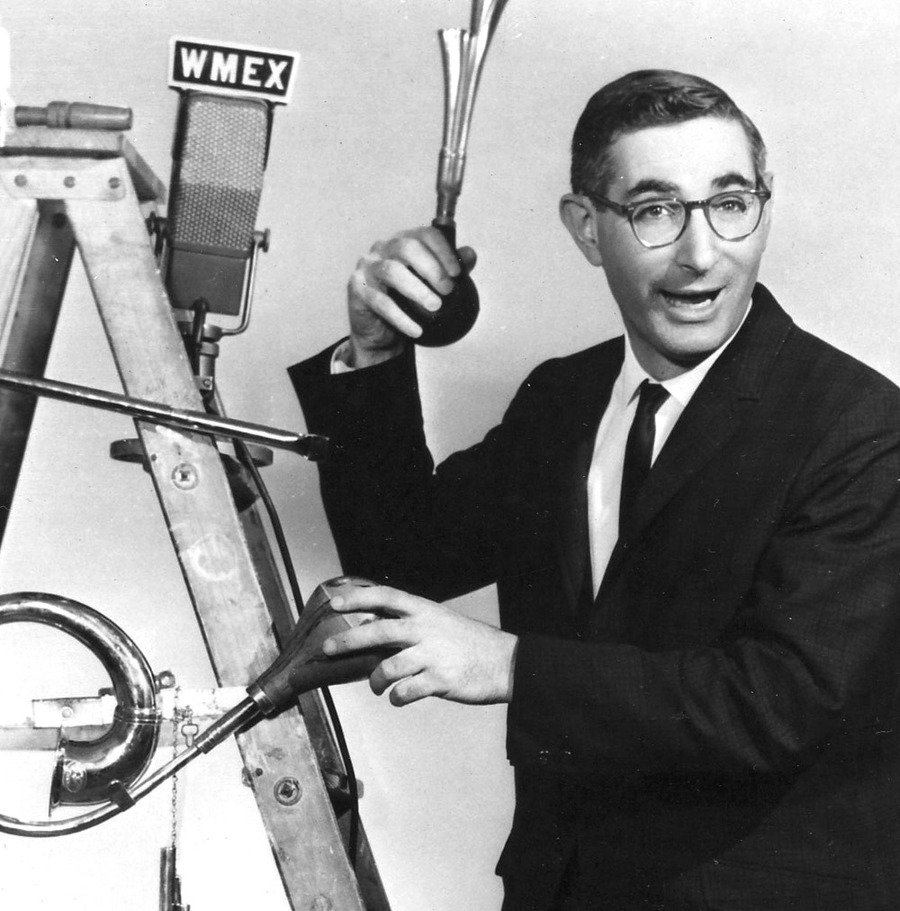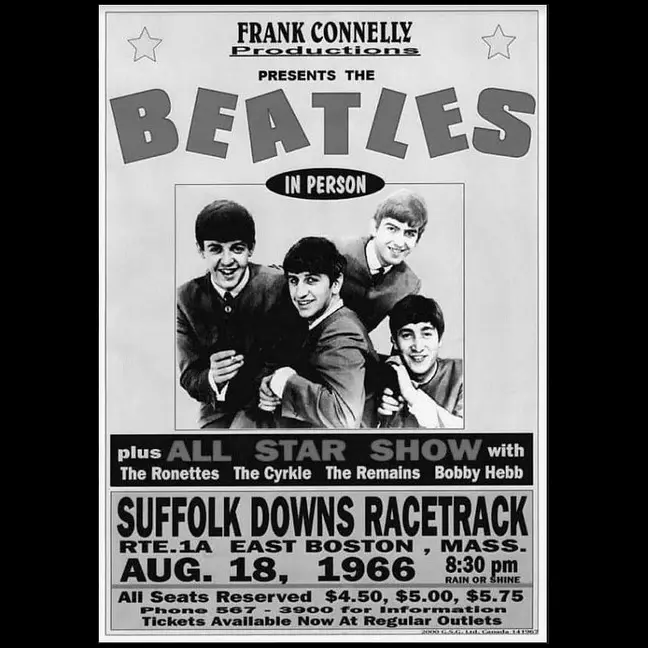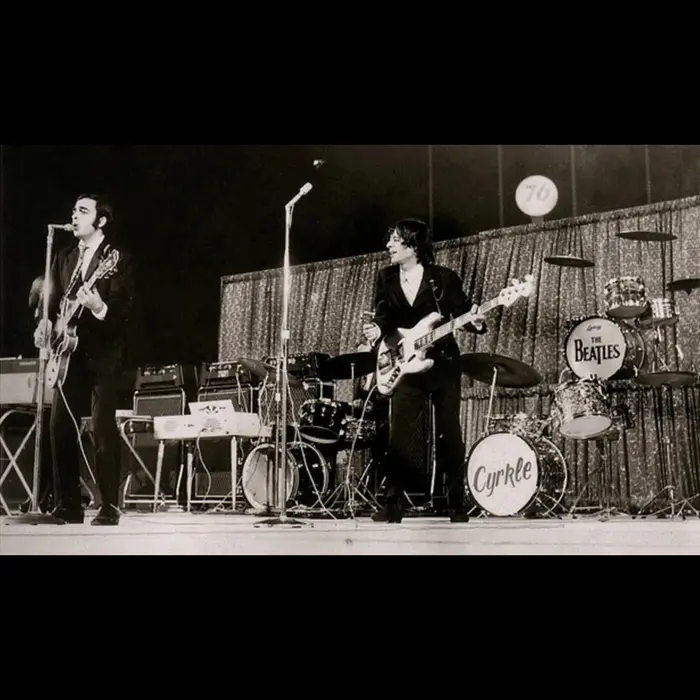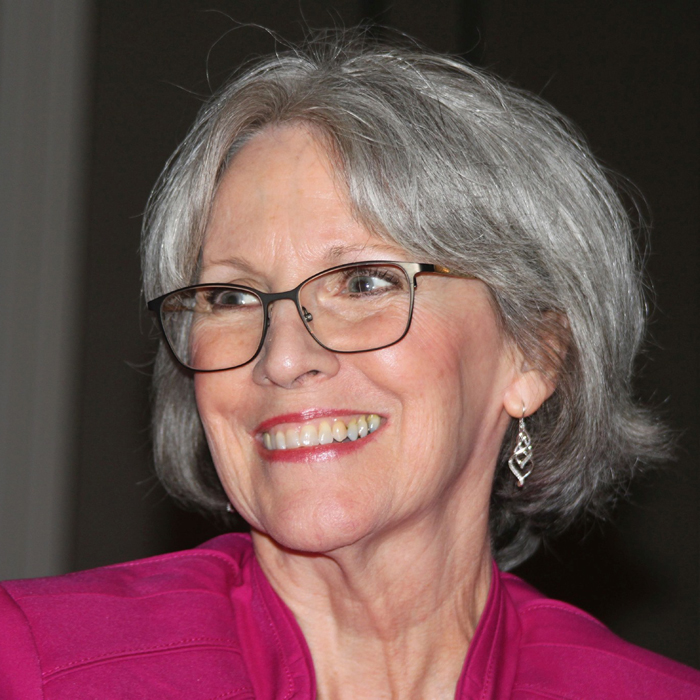Bruce Bradley
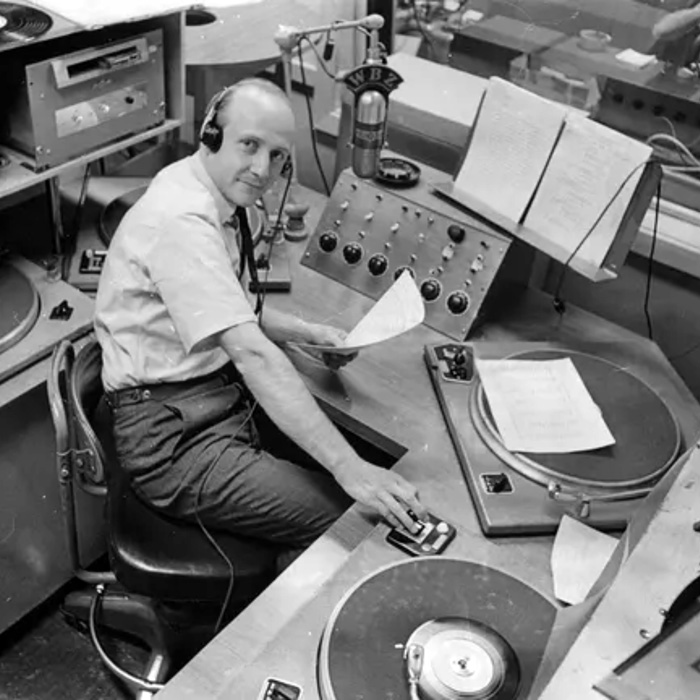
If you lived anywhere near Boston, had a pulse and listened to the radio in the 1960s, the late ‘70s and the early ‘80s, then you probably know the name Bruce Bradley from the years he spent on the air at WBZ at 1030 on the AM dial. With a booming voice perfectly suited to broadcasting, an affable presence both on and off the air and a rapid-fire wit that always kept listeners entertained, “Juicy Brucie,” as he was known, was among the most respected radio personalities in the United States – not only in New England – for over 50 years.
RADIO BEGINNINGS, EDUCATION, MOVE TO BOSTON, WBZ
Bradley was born in 1933 in Rochester, New York. As a youngster, he suffered from stuttering and taught himself how to control the disorder by talking into a tape recorder. He got his start in radio at age 17, working at stations in Albany, Troy and Rochester, then graduated from Fordham University in New York City, where he studied pre-law. Since he couldn’t afford law school, he returned to the airwaves, becoming a drive-time personality at WROW in Albany and later a weatherman on WTEN-TV in Albany.
In 1960, 27-year-old Bradley relocated to Boston to join WBZ-AM, just five years after the station had begun broadcasting 24 hours a day. Living in the Boston area wasn’t a prerequisite for being able to tune in to the powerhouse station because in 1933 ‘BZ was one of the first 60 stations in the US to which the FCC awarded 50,000 watts of coverage. Bradley’s legions of fans heard him as far west as Chicago and in much of eastern Canada.
The station was using a middle-of-the-road music format when Bradley came on board, but started shifting toward a more top-40-focused one, promoting itself as “The Boss Sound of Boston.” Bradley’s smooth-voiced, quick-witted delivery became a major feature of the format transition, though he always eschewed the term “rock ‘n’ roll,” preferring to call his selections “pop music.” He used to say that he responded emotionally to the music he played in the same that his audience did and that he refused to spin any songs that he didn’t like.
DAILY TOP-10 COUNTDOWN, BECOMING “JUICY BRUCIE”
Bradley’s time at WBZ was arguably the most successful period of his career. As an evening disc jockey (8-11:30pm), he introduced his ever-popular Daily Top-10 Countdown and became the much-loved personality known as “Juicy Brucie.” During summer months, his show aired from the WBZ Sundeck Studio, a trailer equipped to broadcast from Paragon Park (on Nantasket Beach in Hull), where fans of all ages watched him play the music he preferred and turn his knowledge of music lore into streetside entertainment.
“A disc jockey’s role is to be a successful member of the community you serve,” Bradley told The Harvard Crimson’s Linda J. Greenhouse in 1966, adding that his choice of music “required intuition sharpened by practice.” Noting that Bradley appeared to be two completely different people co-existing in a single body – one when on the air and the other when off the air – Greenhouse said that she “marveled at his completely transformed on-the-air personality,” to which the quick-witted Bradley replied, “It beats working.”
THE BEATLES, LEAVING/RETURNING TO WBZ, WYNY, KMOX
At one point in her article, Greenhouse wrote that Bradley recalled with a “slightly pained laugh” that the [WBZ] music committee “threw The Beatles’ single ‘She Loves You’ in the waste basket” in June 1963, thus missing the chance to get on the Fab Four bandwagon some eight months before they revolutionized rock ‘n’ roll with their debut on The Ed Sullivan Show. One of the highlights of his career, Bradley said many times, was introducing The Beatles at Suffolk Downs in August 1966 (with WMEX’s Arnie “Woo Woo” Ginsburg).
In 1967, Bradley moved from the evening shift to the afternoon-drive slot and he left WBZ in 1968 to join WCU in Philadelphia. He came back to WBZ in 1978, picking up the afternoon slot he’d had 10 years before and continuing in that role until 1981. From 1981 to 1983, he was the morning man at WYNY in New York City, moving to the weekend shift there in 1984 before relocating to St. Louis to join KMOX.
DEATH, LEGACY
Bradley died on June 22, 2013, in St. Louis after suffering from emphysema for several years. In 2016, he was posthumously inducted into the Massachusetts Broadcasting Hall of Fame. “There are a number of people, a small handful if you will, who are so deeply remembered as personalities on the radio,” said St. Louis-based historian Frank Absher shortly after Bradley’s passing. “It was fitting he was on KMOX because it was such a powerhouse in the ‘80s. Few people [in St. Louis] knew he’d been on the Boston airwaves. He was a real person with a quick mind and a wonderful wit, just a funny, funny man.”
(by Lesley Palmiter)

